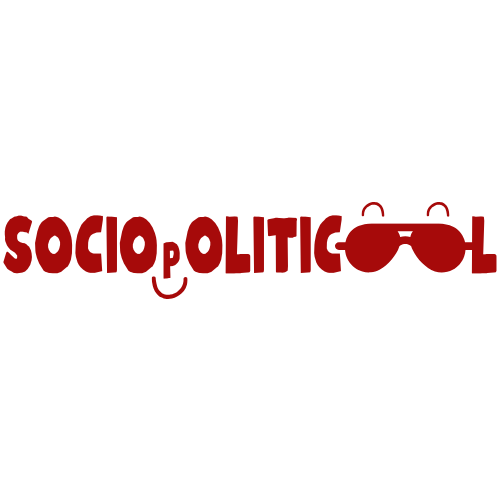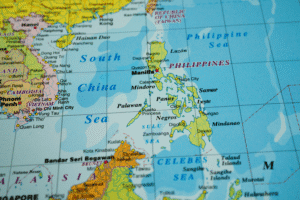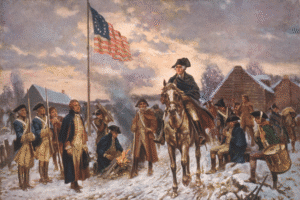Niccolò Machiavelli focused on how politics really works, not on how it should ideally work. And what really works involves, at times, cruelty.
His most popular work, The Prince, has been studied for centuries because it is honest about the strategies rulers use to maintain authority.
Machiavelli promotes a pragmatic form of governance where rulers use any means necessary to keep power and stability.
Many see him as “too harsh,” but the reality is that some situations really need to be dealt with an iron hand. Being good doesn’t always work.
Also, he wrote The Prince during a chaotic time in Italy, which couldn’t be handled with ethical measures. So, he thought brutality might fix it.
Continue reading if you want to learn more about him.
Niccolò Machiavelli Was the First to Separate Politics From Ethics
Before Machiavelli, politics was almost always tied to ethics, religion, or moral philosophy. He broke away from this and argued that it should be understood as a separate sphere, with its own rules and logic.
Human beings are not always virtuous. They are selfish, ambitious, and unpredictable. Rulers must deal with them as they are.
Father of Political Realism
Machiavelli is called the “Father of Political Realism” because he focused on the practical side of politics rather than the idealistic side.
Political realism understands that rulers may need to make unpleasant choices to preserve power and protect the state.
The goal must always be to ensure the state survives against threats. If rulers only follow moral ideals, they will likely lose power.
Enemies will attack, allies may betray, and citizens can be unpredictable.
They must anticipate these “political realities” and act decisively, even if it means lying, manipulating, or using violence.
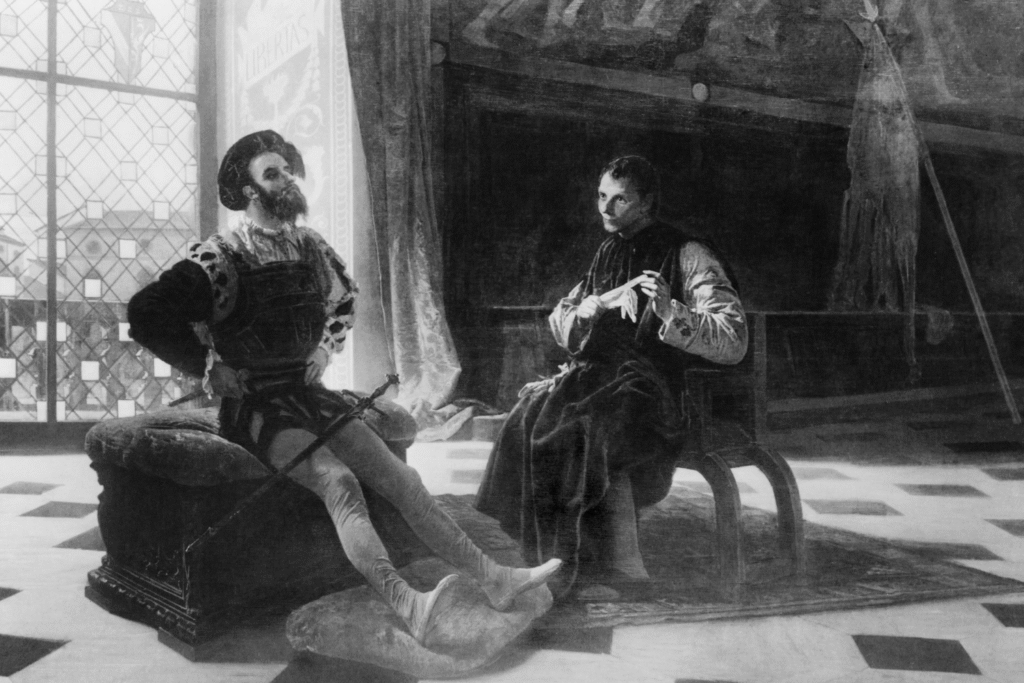
Father of Modern Political Philosophy
Machiavelli also earned the title of “Father of Modern Political Philosophy” because his ideas influenced how politics has been studied ever since.
He believed that politics is not an extension of morality or religion.
Niccolò Machiavelli Wrote The Prince
The Prince was written in 1513 but published after Machiavelli’s death.
It was originally intended as advice for Lorenzo de’ Medici, who was a powerful figure in Florence, Italy, during his time.
According to it, rulers should be willing to act immorally when necessary to gain power, maintain it, and defend their states against enemies.
It is a short book. You can finish it in one sitting, in case you want to read.
Some of Niccolò Machiavelli’s Ideas
Some of Machiavelli’s principles are still quoted and discussed in leadership, business, and international relations.
Below are several of his most important ideas.
It Is Better to Be Feared Than to Be Loved
Rulers live in a world where betrayal, ambition, and greed are common. In such a world, depending on love is too risky.
According to Machiavelli, a ruler should ideally be both feared and loved. But if forced to choose, fear is safer.
So, if there is a need to choose between love and fear, choose fear. People are less likely to betray someone they are afraid of.
Don’t Let Anyone Hate You
Although Machiavelli believed fear is more reliable than love, rulers should never allow themselves to become hated.
Hatred is dangerous; it motivates people to plot against them. It leads to rebellion and revenge, which destabilize their position.
If You Are Hated, Don’t Be Hated by the Powerful
Sometimes, rulers can’t avoid being hated. So, he advised that they should at least avoid making powerful groups into enemies.
Even if they face criticism from the general public, they can survive as long as they have the support of those who truly hold influence.
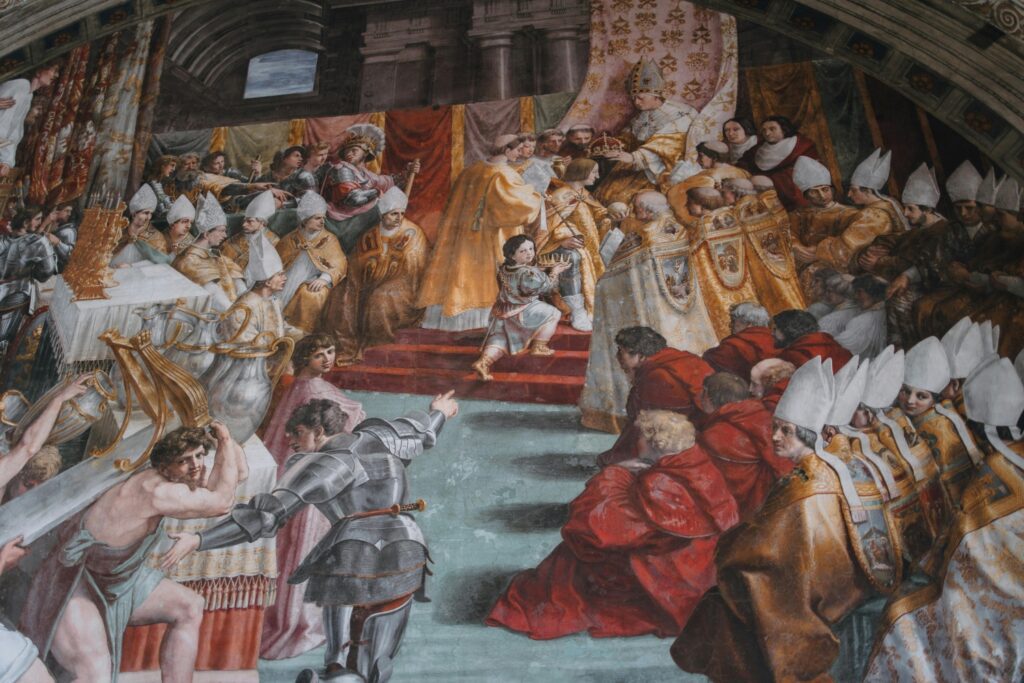
Be More Powerful Than Your Enemies and Allies
If rulers become dependent on allies, they risk being controlled or betrayed. If enemies grow stronger, their position becomes weaker.
For this reason, they must always expand their military, secure resources, and build their authority. The goal is to be the strongest.
Political Stability Must Be Maintained No Matter What
For Machiavelli, the ultimate goal of rulers must be the stability of the state; morality can be sacrificed to reach this goal.
Prioritize Being an Effective Leader, Not Being Good
It is better for rulers to be effective than to be morally good. Their duty is not to be virtuous but to protect the state and keep power.
If being good puts them at risk of losing control, then goodness becomes a weakness. They must act ruthlessly if the situation demands it.
Concepts Associated with Niccolò Machiavelli
Machiavelli introduced concepts that you may encounter when studying politics. Learn about some of them below!
Virtù
Virtù literally translates to “virtue,” but in Machiavelli’s writing, it means effectiveness, boldness, and skill in ruling, not moral goodness.
Those who have it don’t rely only on luck or the goodwill of others, but take control of situations and bend them to their advantage.
Fortuna
Machiavelli used the word “fortuna” to describe chance, luck, or fate, which are the unpredictable forces that affect human affairs.
Machiavelli said that fortune controls about half of what happens in life, while the other half depends on human action.
It favors those who act boldly, but can be unpredictable: It sometimes rewards the cautious and sometimes the aggressive.
So, rulers must know when to be cautious and aggressive.
Statecraft
Statecraft is the art of governing and preserving a state, which must be the central duty of any ruler because no society can flourish without it.
It involves building strong armies, creating reliable institutions, and making wise decisions about alliances and laws.
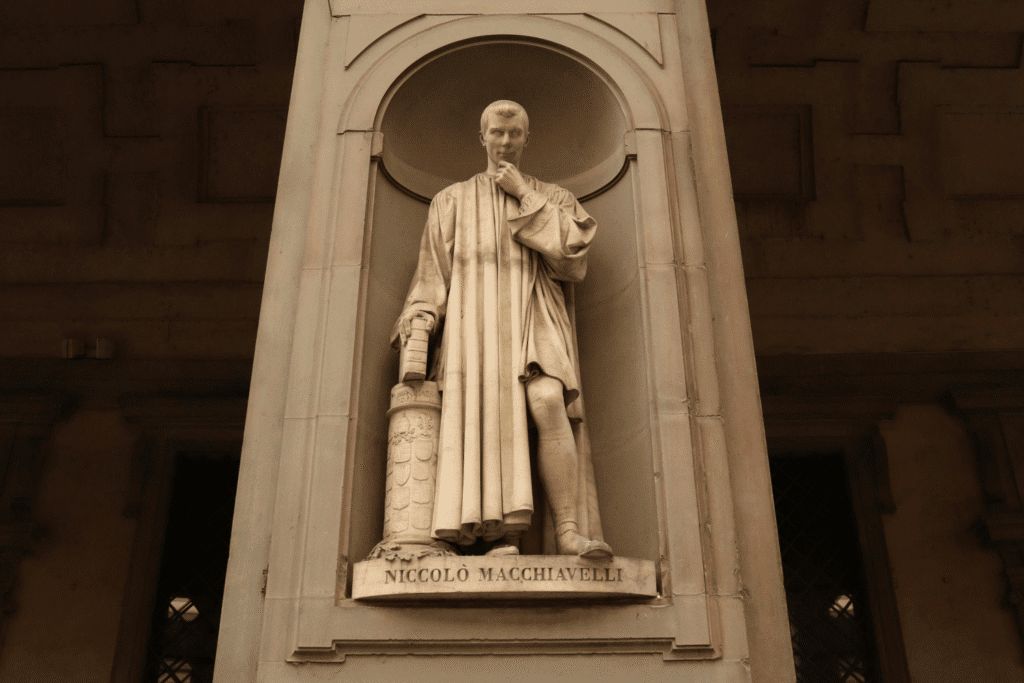
Followers of Niccolò Machiavelli Are Called “Machiavellians”
Any ruler who uses brutal means to ensure political stability is described as “Machiavellian,” which has a negative connotation.
In fact, in psychology, Machiavellianism became one of the traits in the dark triad of personality, along with narcissism and psychopathy.
However, it doesn’t always mean being evil. In some rare cases, it means being realistic, calculating, and pragmatic.
